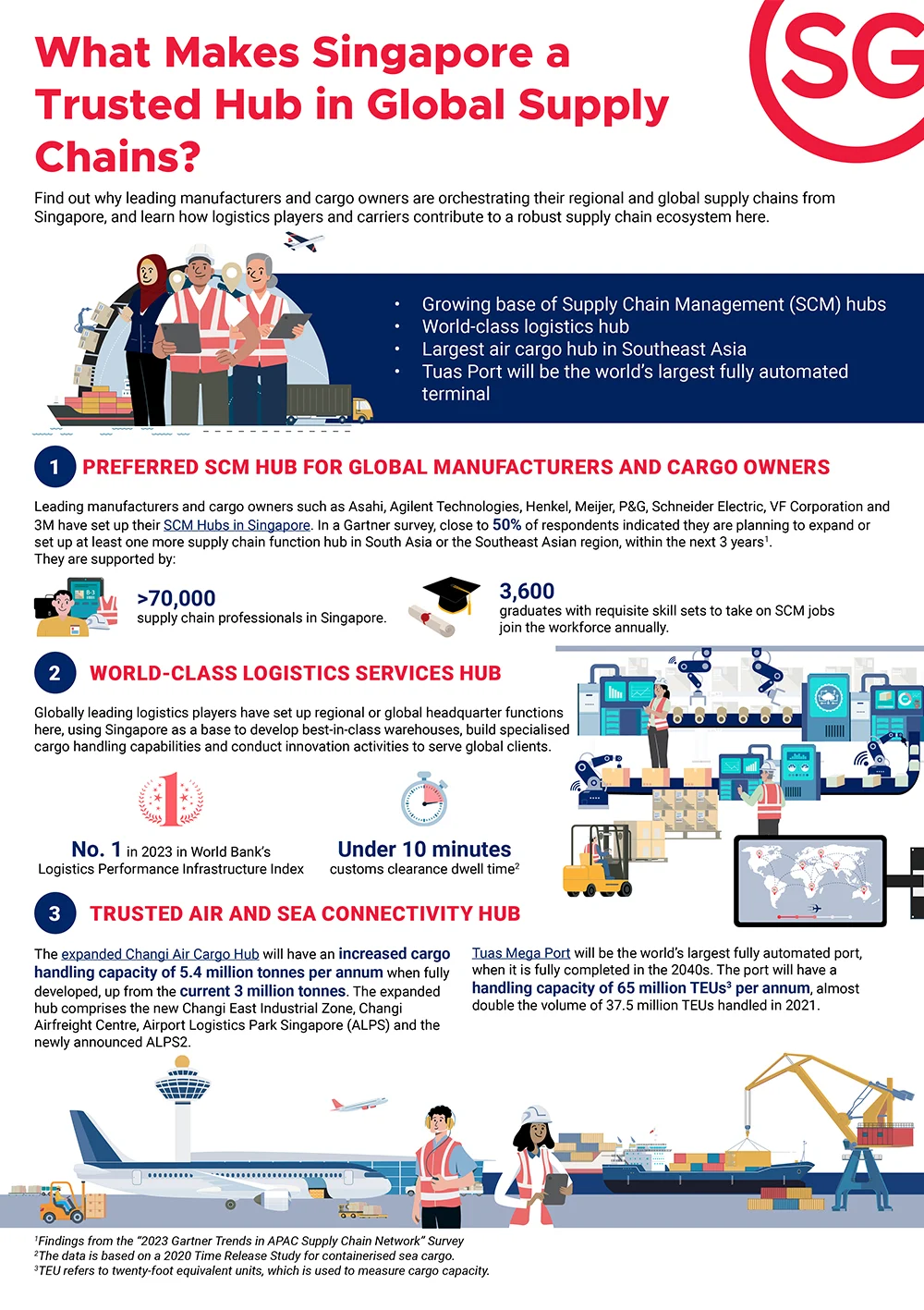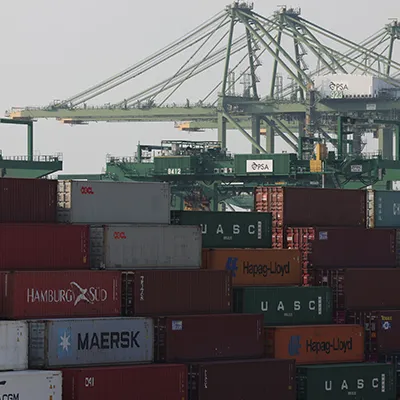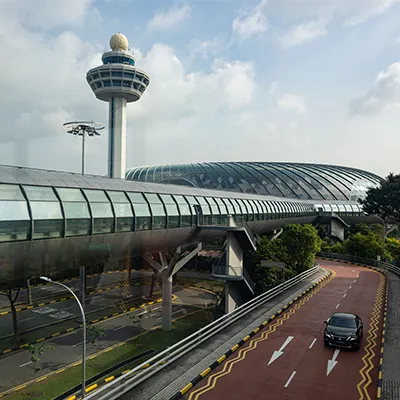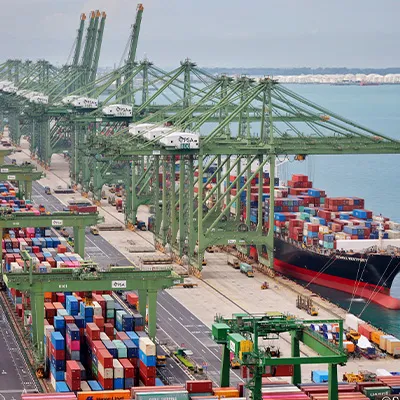These SCM hubs draw on Singapore’s strong supply chain talent pool comprising more than 70,000 professionals, and about 3,600 annual graduates with relevant skillsets. Companies also tap on Singapore’s innovation ecosystem and EDB’s support schemes to establish innovation teams or Centres of Excellence (COEs) to adopt advanced technologies in their transition towards sustainable and digital supply chains. For example, 3M has set-up a 700-pax strong supply chain COE, complementing its significant manufacturing footprint in Singapore, to deliver “region for region” products.
Singapore’s role as a global logistics management hub is deeply rooted in its ability to help businesses navigate the complexities of fulfilling international supply chains with remarkable efficiency. Singapore ranked first in World Bank’s 2023 Logistics Performance Index, which evaluates factors such as efficiency of customs and border management clearance and quality of logistics services amongst others. Singapore’s customs dwell time of under 10 minutes is testament to its status as an efficient and reliable logistics hub. Companies can access a strong base of globally leading third-party logistics (3PLs) from Singapore, with 22 of the top 25 3PLs having a presence here. Global 3PLs are also establishing Best-In-Class Regional Distribution Centres (BIC RDCs) in Singapore that push the boundaries of innovation and sustainability. For instance, DB Schenker, DSV and Maersk are setting up new BIC RDCs in Singapore, slated for completion in 2025.
Singapore has committed to long-term investments to build capacities and to intensify its connectivity to global markets, ensuring its manufacturing and logistics base remains firmly plugged into global value chains. When fully completed by 2040, Tuas Port will be the world’s largest fully automated port, with an annual handling capacity of 65 million TEUs, capable of managing the world’s largest container ships and complex cargo operations.
An upcoming advanced warehousing facility, PSA Supply Chain Hub (PSCH) @ Tuas, will serve as Regional Distribution Centre and a Container Freight Station offering value-added logistics services. Set to be ready by 2027, PSCH will be located next to Tuas Port and within the Free Trade Zone, creating additional synergies within Singapore’s extensive supply chain ecosystem. To provide customers with enhanced visibility and agility, PSCH will be fitted with cutting-edge robotics and automation systems, and facilities for specialised cargo handling.
While Singapore is currently the largest air cargo hub in SEA, the city-state is making infrastructure investments to build additional air logistics capacity. Building on the success of the Airport Logistics Park (ALPS), Singapore will be developing a second Airport Logistics Park (ALPS 2) from 2030s onwards. This will augment the capacity of existing ALPS and further boost Changi’s role as a regional air cargo hub. The expanded Changi Air Cargo Hub, comprising the newly announced ALPS 2, ALPS, Changi East Industrial Zone (CEIZ) and Changi Airfreight Centre (CAC) will enable Changi Airport to increase its overall cargo handling capacity to 5.4 million tonnes per annum, up from the current 3 million.
As global companies increasingly leverage SEA to expand and diversify supply chain networks within Asia, Singapore with its world-class and trusted logistics and connectivity ecosystem looks set to play an augmented role as ‘the critical and trusted node in Asia for global supply chains’.
Explore key strategies for driving supply chain digital innovation through talent upskilling and resource allocation in Gartner’s latest insights report. Access the report here.








